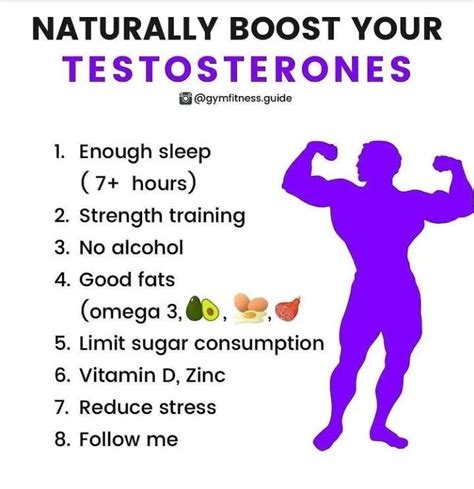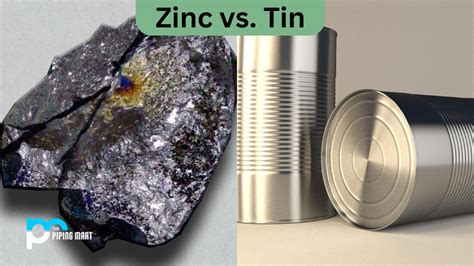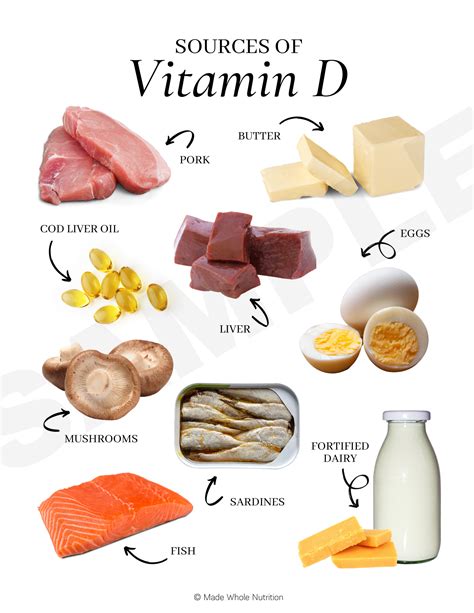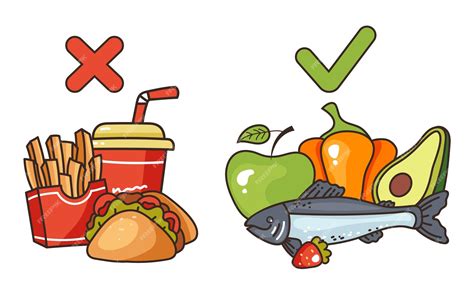How to naturally boost testosterone for peak male performance via diet?

Testosterone, often hailed as the cornerstone of male vitality, plays a pivotal role in more than just muscle mass and libido. It influences mood, energy levels, bone density, and overall metabolic health. While various factors can impact testosterone production, your diet stands as one of the most powerful and accessible levers you can pull to naturally optimize your hormone levels.
The Dietary Foundation for Testosterone Optimization
Boosting testosterone isn’t about consuming a single “magic food” but rather adopting a holistic dietary strategy. This involves a balanced intake of macronutrients, a focus on micronutrient density, and the elimination of dietary saboteurs.

Embrace Healthy Fats
Contrary to outdated advice, healthy fats are crucial for hormone production, including testosterone. Cholesterol, a precursor to testosterone, is derived from dietary fats. Incorporate monounsaturated and polyunsaturated fats:
- Avocados: Rich in monounsaturated fats and vitamin B6.
- Olive Oil: A staple of the Mediterranean diet, known for heart health and hormone support.
- Nuts and Seeds: Almonds, walnuts, chia seeds, and flaxseeds provide healthy fats, fiber, and various minerals.
- Fatty Fish: Salmon, mackerel, and sardines are excellent sources of Omega-3 fatty acids, vital for overall hormonal balance and reducing inflammation.
Prioritize Protein Intake
Adequate protein is essential for muscle maintenance and growth, which indirectly supports healthy testosterone levels. Aim for lean protein sources at every meal:
- Lean Meats: Beef, chicken, turkey (choose grass-fed where possible for better nutrient profiles).
- Eggs: The yolk is packed with cholesterol, healthy fats, and vitamins essential for hormone synthesis.
- Legumes and Beans: Lentils, chickpeas, and black beans offer plant-based protein and fiber.

Don’t Fear Carbohydrates (The Right Ones)
While low-carb diets have their place, extreme restriction can sometimes stress the body and negatively impact testosterone. Focus on complex carbohydrates from whole, unprocessed sources:
- Whole Grains: Oats, quinoa, brown rice.
- Starchy Vegetables: Sweet potatoes, squash.
- Fruits: Berries, apples, bananas provide natural sugars, fiber, and antioxidants.
Key Micronutrients for Testosterone Production
Beyond macronutrients, specific vitamins and minerals play direct roles in the intricate pathways of testosterone synthesis.
Zinc: The Testosterone Mineral
Zinc is paramount for testosterone production and sperm quality. A deficiency can significantly impair hormone levels.
- Oysters: Arguably the richest source of zinc.
- Red Meat: Beef and lamb are excellent sources.
- Pumpkin Seeds: A great plant-based option.

Vitamin D: The Sunshine Hormone
Often referred to as a hormone itself, Vitamin D is strongly linked to testosterone levels. Sun exposure is the primary way to get it, but dietary sources can help:
- Fatty Fish: Salmon, tuna, mackerel.
- Fortified Foods: Milk, orange juice, cereals.
Magnesium: Muscle and Hormone Support
Magnesium plays a role in over 300 enzymatic reactions, including those involved in testosterone production. It can also help reduce sex hormone-binding globulin (SHBG), making more “free” testosterone available.
- Leafy Greens: Spinach, kale.
- Nuts and Seeds: Almonds, cashews, pumpkin seeds.
- Dark Chocolate: A delicious source (in moderation).
Cruciferous Vegetables for Estrogen Balance
While not directly boosting testosterone, vegetables like broccoli, cauliflower, and Brussels sprouts contain compounds (like indole-3-carbinol) that help the body metabolize and excrete excess estrogen. Maintaining a healthy estrogen-to-testosterone ratio is vital for male health.

Foods and Habits to Limit or Avoid
- Excessive Alcohol: Can impair testicular function and increase estrogen.
- Processed Foods & Sugary Drinks: Contribute to inflammation, weight gain, and insulin resistance, all detrimental to testosterone.
- Trans Fats: Found in many fried and processed foods, linked to lower testosterone.
- Soy Products (in excess): While controversial, some studies suggest high intake of soy isoflavones might have anti-androgenic effects. Moderate consumption is generally fine.
Beyond Diet: Lifestyle Synergy
Remember that diet is one piece of the puzzle. Combining your dietary efforts with adequate sleep, regular strength training, stress management, and maintaining a healthy weight will amplify your results significantly. Consistency is key.

Conclusion
Optimizing testosterone naturally through diet is a powerful strategy for men seeking to enhance their performance, energy, and overall well-being. By focusing on whole, nutrient-dense foods, prioritizing healthy fats, adequate protein, smart carbohydrates, and essential micronutrients like zinc, vitamin D, and magnesium, you lay a robust foundation for peak male performance. Make these dietary shifts a sustainable part of your lifestyle, and you’ll be well on your way to unlocking your full potential.








